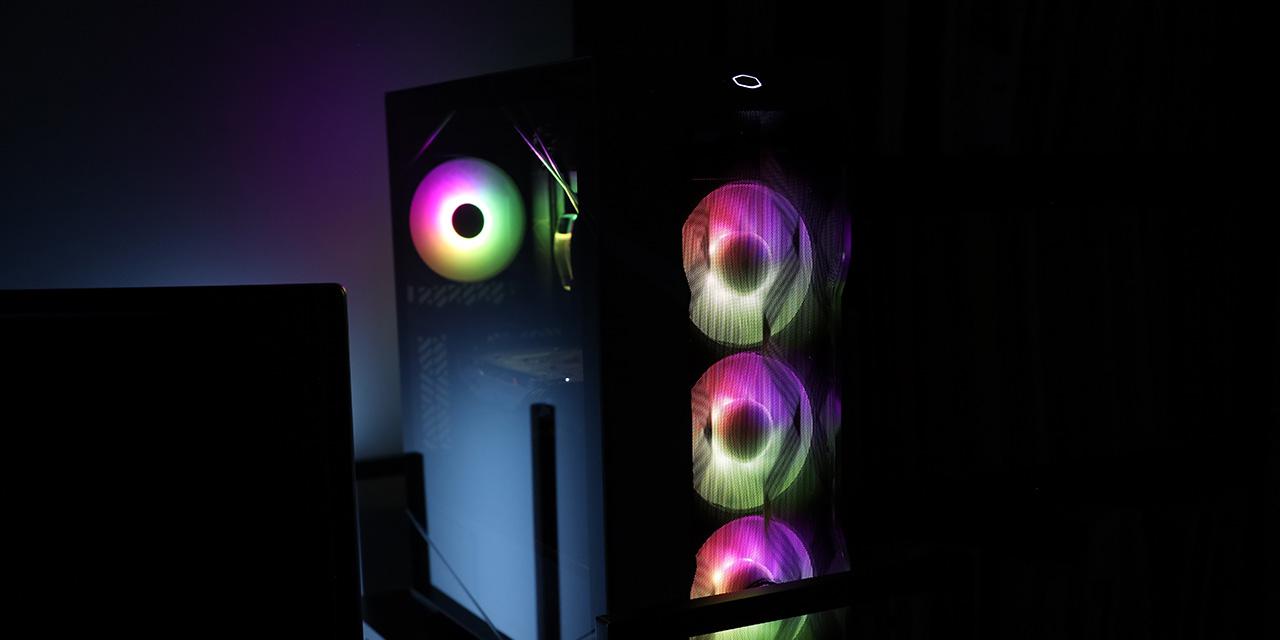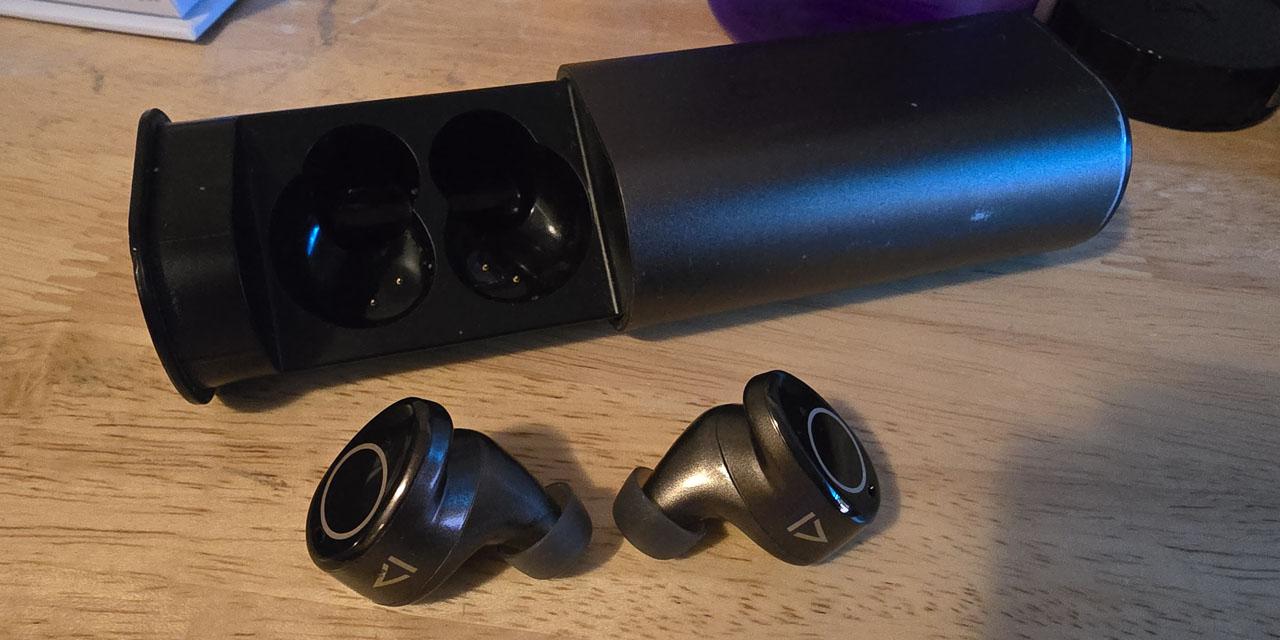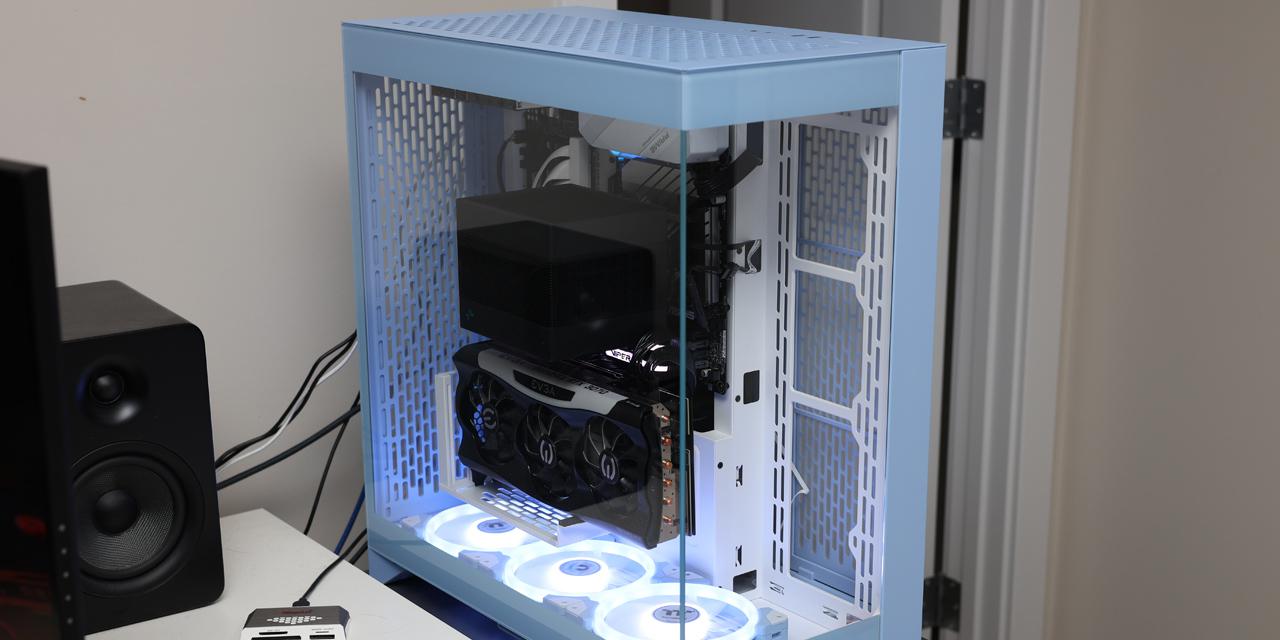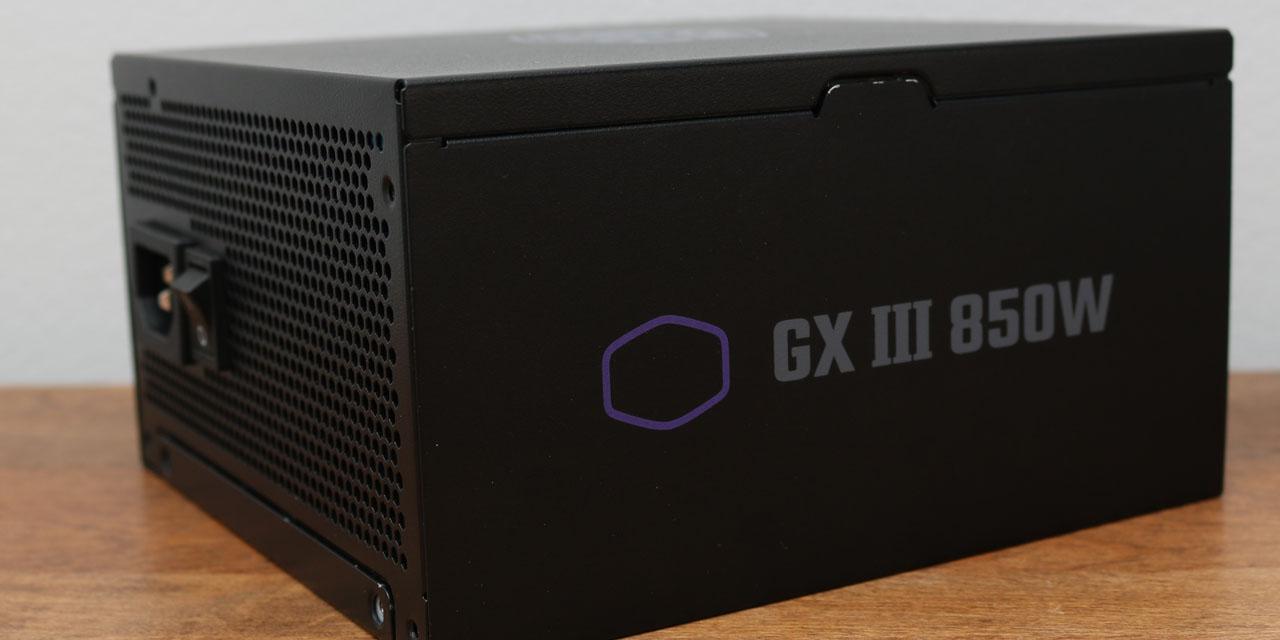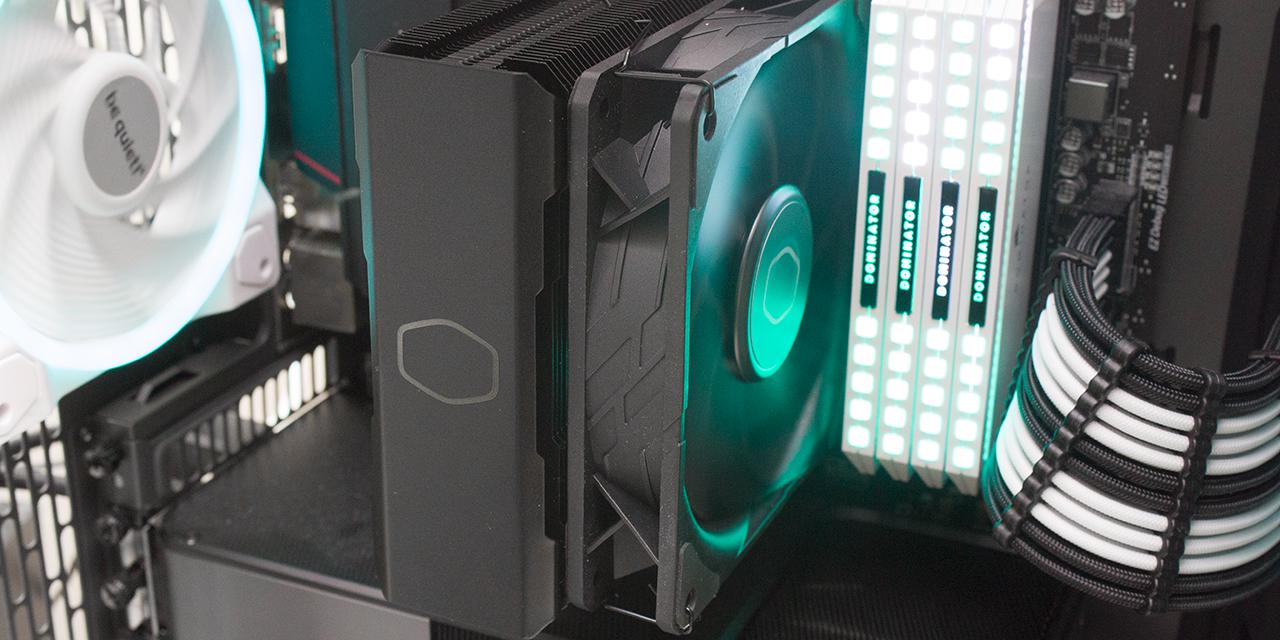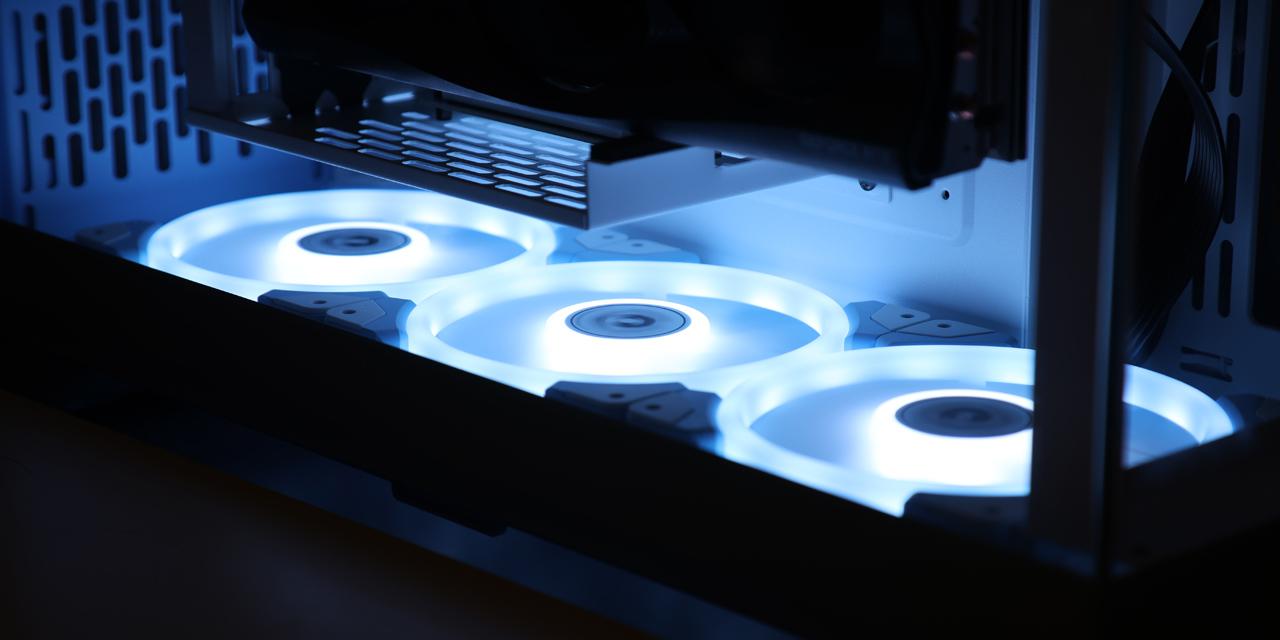|
From X-bit Labs: Advanced Micro Devices on Wednesday drastically shifted its server strategy by acquiring SeaMicro, a manufacturer of low-power servers. Through the acquisition of SeaMicro, AMD will be accelerating its strategy to deliver disruptive server technology to its OEM customers serving Cloud-centric data centers. AMD will get SeaMicro for approximately $334 million, of which approximately $281 million will be paid in cash. With SeaMicro’s Freedom supercomputer fabric technology and system-level design capabilities, AMD hopes to be uniquely positioned to offer industry-leading server building blocks tuned for the fastest-growing workloads such as dynamic web content, social networking, search and video. Foremost among SeaMicro’s innovations is its supercomputer fabric, which connects thousands of processor cores, memory, storage and input/output traffic with up to 1.28Tb/s (160GB/s) speed. SeaMicro’s fabric supports multiple processor instruction sets. SeaMicro solutions are currently deployed in multiple sites across the globe. AMD’s Opteron server microprocessors and chipsets combined with SeaMicro technology are expected to provide customers with a range of processor choices and platforms that can help reduce data center complexity, cost and energy consumption while improving performance. AMD plans to offer the first AMD Opteron processor-based solutions that combine AMD and SeaMicro technology in the second half of 2012. At present, SeaMicro exclusively sells so-called micro-servers powered by Intel Xeon and Intel Atom microprocessors. Although there are not a lot of rivals for SeaMicro, eventually the firm will compete against large server makers that are AMD's customers. It will be interesting to see whether those clients of AMD will continue to use Opteron microprocessors in case SeaMicro will continue to ship own-brand servers. Knowing AMD's traditional business approaches (e.g. not to rival with own customers), it is likely that eventually developments of SeaMicro will simply be marketed as reference designs or platforms to other server makers, which will boost AMD's server business market share. In addition, platforms that enable ultra-dense ultra low-power servers will let AMD compete not only against Intel Corp., but also against ARM Holdings, which is incoming to servers in several years from now. View: Article @ Source Site |
 |
AMD Takes Over SeaMicro Low-Power Server Maker
© Since 2005 APH Networks Inc. All trademarks mentioned are the property of their respective owners.
